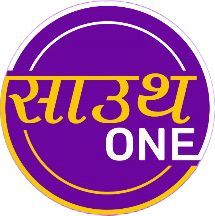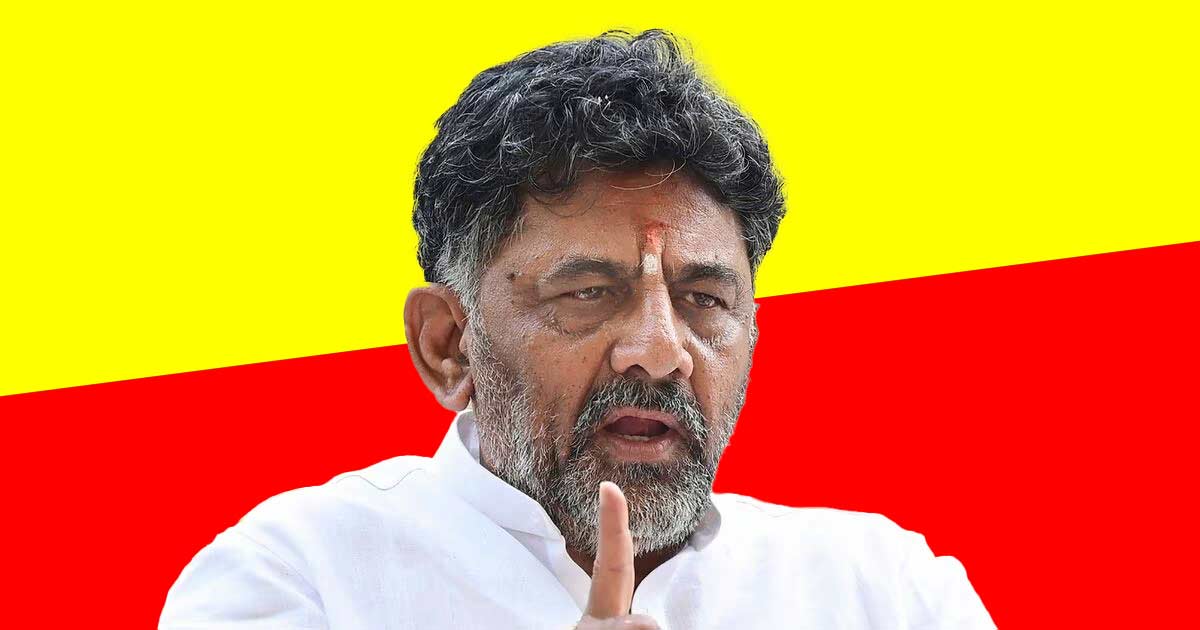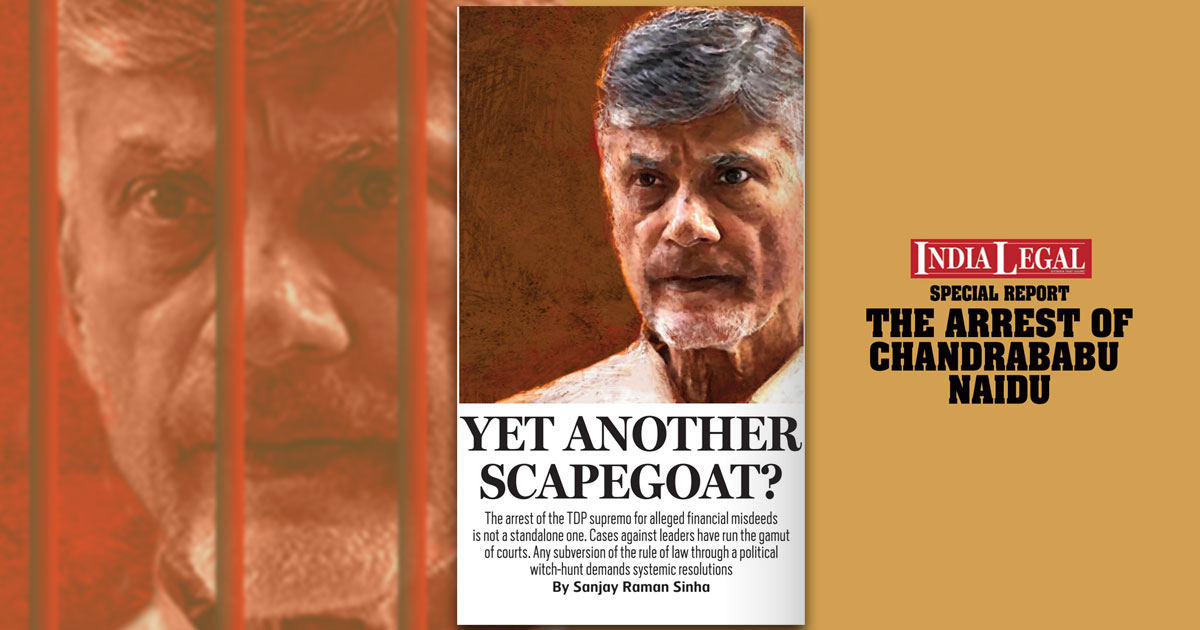On December 11, the Supreme Court is set to deliver its verdict on the case challenging the Union Government’s 2019 decision to revoke the special status of Jammu and Kashmir under Article 370 of the Constitution. The Constitution bench, led by Chief Justice DY Chandrachud, heard the case for sixteen days, concluding on September 5, 2023. The case also challenges the J&K Reorganization Act, which resulted in the bifurcation of the state into Union Territories of J&K and Ladakh.
The hearing, which began on August 2, 2023, marked a significant moment in the legal landscape, as the case had been dormant for over three years, with its last listing in March 2020. The petitioners argued extensively, emphasizing the unique nature of J&K’s relationship with India and the alleged misuse of constitutional provisions.
Petitioners’ Arguments
The petitioner counsels, during the initial nine days of the hearing, highlighted the historical context of J&K’s relationship with India. They argued that J&K retained internal sovereignty, allowing it to legislate on various matters despite ceding powers in foreign affairs, communication, and defence to the Union under the Instrument of Accession.
The petitioners contended that Article 370 had acquired permanence after the dissolution of the J&K Constituent Assembly in 1957. They also raised concerns about the misuse of Article 356 and the invalidity of amending Article 370 through Article 367. The impact of turning J&K into a Union Territory was underlined, with a focus on its negative consequences on the constitutional structure.
Supreme Court to pronounce judgment in Article 370 abrogation case on December 11
— Bar & Bench (@barandbench) December 7, 2023
Read more: https://t.co/WrXuwMhc8w pic.twitter.com/3vqrpj1OSL
Union Government’s Defence
In contrast, the Union Government and other respondents argued that the abrogation of Article 370 addressed the ‘psychological duality’ in J&K and tackled discrimination against its people. They asserted that the Constitution makers envisioned Article 370 as a ‘temporary’ provision.
The respondents challenged the notion of an exclusive special status for J&K, arguing that it became a Union Territory temporarily due to its sensitive border status. They contended that J&K’s statehood would be restored, and Article 370 needed modification to avoid becoming a permanent feature.
Supreme Court to pronounce judgment in Article 370 abrogation case on December 11
— Meetali Singh (@SYMeetali) December 7, 2023
A Constitution Bench will deliver its verdict in a batch of petitions challenging the Central government's 2019 move to revoke Article 370 which conferred special status on the erstwhile State of… pic.twitter.com/9ryLoBn3cz
Also Read: Kerala High Court: Denial Of Pregnancy Termination For A 14-Year
For the petitioners– Senior Advocates Kapil Sibal, Gopal Subramanium, Zaffar Shah, Rajeev Dhavan, Dushyant Dave, Chander Uday Singh, Dinesh Dwivedi, Shekhar Naphade, Nitya Ramakrishnan, Gopal Sankaranarayanan, Menaka Guruswamy, Prashanto Chandra Sen, Sanjay Parikh and Advocate Warisha Farasat argued.
For the Union of India: Attorney General for India R Venkataramani, Solicitor General of India Tushar Mehta, Additional Solicitor General KM Nataraj, ASG Vikramjeet Banerjee and Advocate Kanu Agarwal.
For the intervenors backing the Union – Senior Advocates Harish Salve, Rakesh Dwivedi, V Giri, Guru Krishnakumar; Advocates Archana Pathak Dave, VK Biju and Charu Mathur.
BREAKING| #SupremeCourt To Deliver Judgment On Article 370 Case On December 11https://t.co/tDj0d1MDg1
— Live Law (@LiveLawIndia) December 7, 2023
The Big Day
The Supreme Court’s upcoming judgment on December 11 will provide a crucial resolution to this landmark case, addressing the constitutional validity of the revocation of Jammu and Kashmir’s special status under Article 370. The decision will have far-reaching implications for the legal and political landscape of the region and India at large.








[…] Also Read: Supreme Court To Announce Its Verdict In Article 370 Case On December 11 […]
[…] Also Read: Supreme Court To Announce Its Verdict In Article 370 Case On December 11 […]